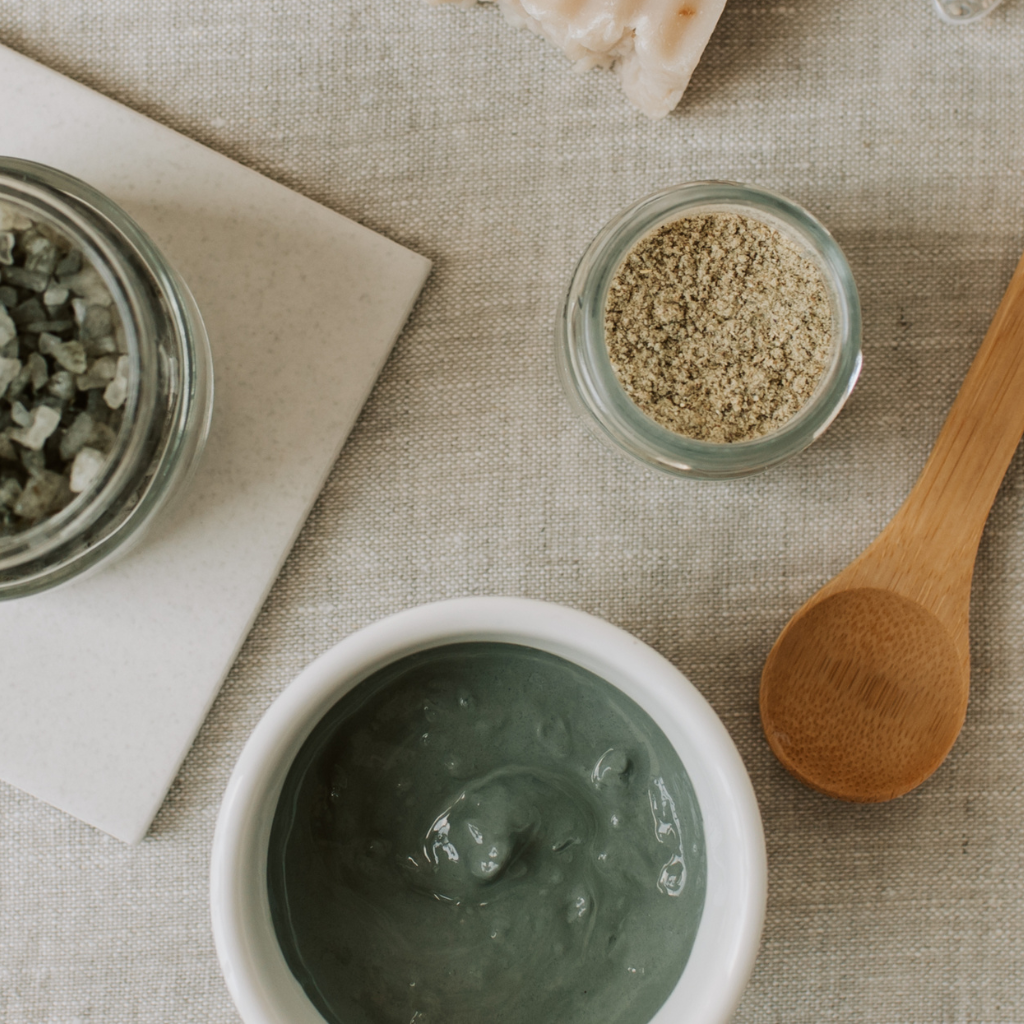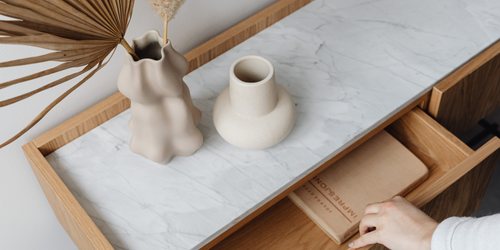Sometimes it feels like life is moving just a little too fast.
Whether you’re busy wrangling kids, a full-time job, or perhaps a new project that has taken on a life of its own - there are times when it just feels so overwhelming. You might crave a nap in these moments, or at least just a moment of stillness.
Everyone feels stress - and during this pandemic, that might be an understatement--but it’s important to take a breather from that pressure.
And for you meditation might just be that perfect breather.
Meditation may sound like one of those hour-long luxuries you just don’t have the time for - but even setting aside five minutes will do you a world of good! Let’s get into the history of meditation, its benefits and how you can get started.

A Short History Lesson
While the word “meditation” comes from the Latin word meditatum (meaning “to ponder”), the art itself dates back to 5000 B.C. in India through Hindu traditions. A little later, China developed its own form through Taoism in the 6th century. Like its spiritual cousin in yoga, meditation was once rooted in spiritual development for religious purposes.
It wasn’t until the 1700s that meditation came to Europe through translated Indian texts - although it was only discussed in theory by philosophers like Voltaire. It didn’t take off in America until the 1950s, and boomed during the hippy movement of the 60’s and 70’s. Alternative medicine was being experimented with and taken more seriously as a “natural approach” to Western medicine, and the movement to connect mind, body and spirit amplified meditation’s popularity.
While not all holistic medicine proved to be effective, it did prove mental health’s importance, and that relaxation doesn’t always be treated with pills and medication as Western medicine might have us believe.
Sixty years later, it’s reported that at least 200 million people around the world meditate on a regular basis... Meaning this ancient practice and its benefits are here to stay.
The Benefits
While there are still ongoing studies concerning the full extent of benefits meditation may provide, there are plenty already been proven.
The most obvious is its effect on anxiety and stress. Stress increases your body’s level of cortisol - the hormone that essentially gives you your “fight or flight” instincts - and too much cortisol can have harmful effects like increased blood pressure, trouble sleeping, and a weakened immune system.
Sometimes you can’t get away from the sources of your stress - work, family, the pandemic - but meditation can certainly help you manage it. In a study with over 3500 participants, mindful meditation aided in lowering anxiety levels. In another, an 8 week study showed to improve inflammatory response usually caused by the participant’s stress.
Those with the highest levels of anxiety were found to benefit from mindful practice the most!
Of course, on the other end of the emotional wellness spectrum that meditation also treats is depression. During this time where it seems like there’s so much wrong going on in the world, it can be hard to not be impacted by all of it. Depression has increased exponentially during COVID, and as many as 40% of Americans reported struggling with their mental health in just June of last year. In fact, some healthcare organizations would even go so far as to say there is a national mental health crisis, in which mental health providers can’t meet the demand for help.
While it’s not a complete cure, meditation has been found to help. Participants in a study reported experiencing less negative thoughts when seeing negative images, and a whole collection of 18 studies cited that symptoms of depression were heavily alleviated.
Feel like your brain is foggy, or that your attention span is lacking? A review in 2013 revealed that meditative practices can not only improve attention span, but even reverse patterns of the brain attributed to mind-wandering and short-term focus.
There are so many more scientifically proven benefits to meditation, but… How do you even start?
Starting Your Practice
With the recent wave of meditation’s popularity, there are plenty of resources to get you started!
Apps like Headspace and Calm are helpful if you’re looking for guidance from professionals, and each offer free trials. Headspace even offers free sessions around 5 minutes long for a beginner’s practice!
Of course, there are also plenty of guided meditations you can find on Youtube or other similar platforms…
But if you’re feeling brave: you can always try it out on your own!
First, find a quiet spot to sit and relax--somewhere with not a lot of noise or distractions. Feel free to set the mood for yourself, like closing curtains or lighting candles.The more relaxing your environment, the easier it will be to concentrate.
Next, you’re going to want to set a timer. How long are you able to practice, realistically? If you’re a beginner, it might be best to set it to a short time like 5 or 10 minutes. As you gain more experience, the more time you can add on later.
And now… You breathe.
Simple, right? It’s supposed to be uncomplicated. Focus on your breath and how your body is feeling. Are you feeling pain in any part of your body? How about the parts that are most comfortable? Are you leaning a certain way, or do you feel perfectly balanced?
If you hear outside noises or start to let your mind wander to what you’re cooking for dinner tonight, or what you have to do after meditating… Re-center yourself. Forgive the intrusive thoughts when they happen, but try to focus back on just your breathing for the remainder of your session.
As you close your time, try to come back into the “real world” slowly: gently lifting your gaze, wiggling your fingers and toes, etc. Take note of your senses coming back to you. What sounds do you hear? How does it feel to come back?
After you’ve ended your practice… Congratulations! That’s really all there is to it.

Maybe you feel refreshed, empowered, rejuvenated -
Or…
Maybe it didn’t go nearly as well as you thought it would. Maybe you were hoping to be completely relaxed but couldn’t quite concentrate. Maybe you thought you’d have more instantaneous results, or feel like a changed person.
The truth is: it takes practice. Even the short term benefits might take a couple of weeks to take effect. But once you start noticing, you’ll feel completely different. You’ll feel more at ease with yourself with just five minutes a day, and more confident going forward.
Whatever stressors that will remain in your life: you’ve got this.
So just sit back, relax... And enjoy the moment of quiet.














